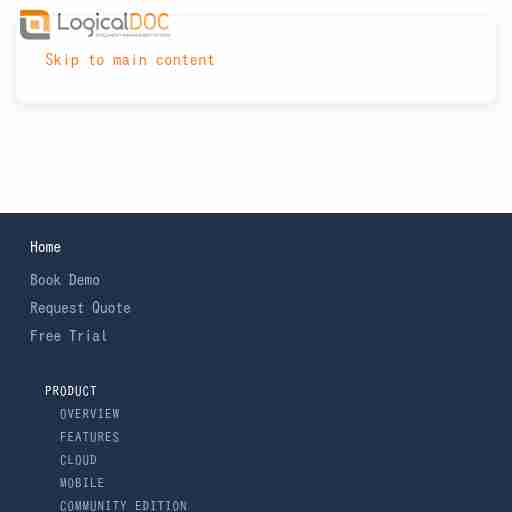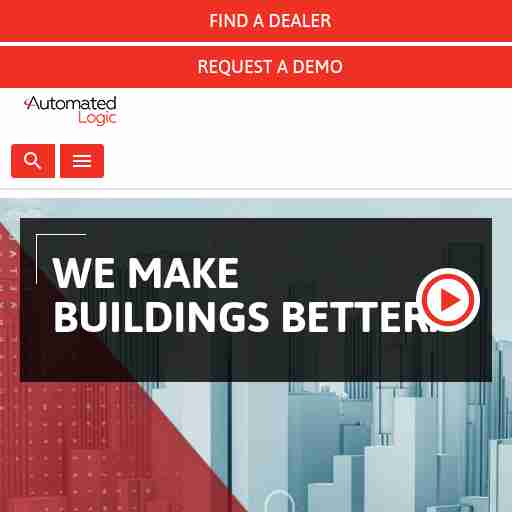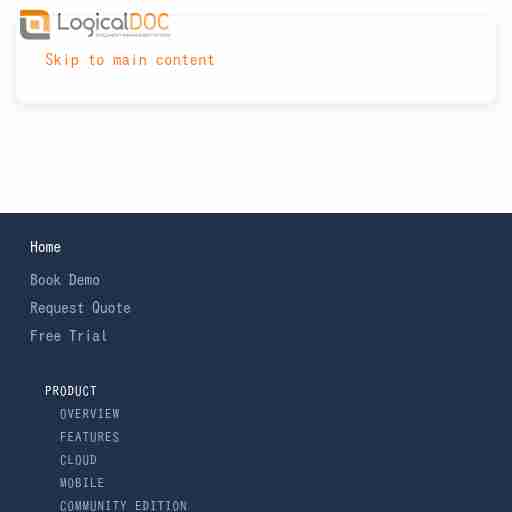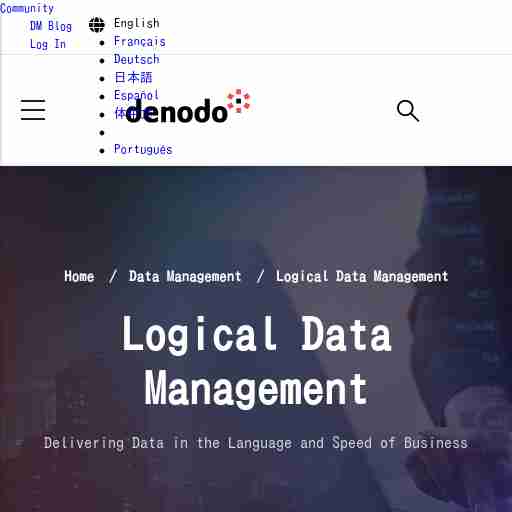Logical Management Systems (LMS) is a comprehensive approach to managing an organization's resources, processes, and people. It is designed to help businesses achieve their goals by optimizing their operations, reducing costs, and improving productivity. In this article, we will explore the benefits of LMS and how it can help your business succeed.
A Logical Management System is a set of tools and practices that enable organizations to manage their resources effectively. It involves the use of technology such as software applications and databases to streamline processes and automate tasks. The goal of LMS is to create a more efficient, productive, and profitable business environment.
There are several different types of LMS products available on the market today. These include:
The future of LMS is bright. As technology continues to advance, we can expect to see even more sophisticated tools and practices emerge. For example, artificial intelligence (AI) and machine learning (ML) technologies will likely play an increasingly important role in LMS in the years ahead. These technologies can help businesses automate even more tasks and make better use of data analytics.
If you're looking for ways to improve your business operations, Logical Management Systems may be just what you need. By optimizing your resources, streamlining your processes, and automating routine tasks, you can save time and money while improving productivity and customer satisfaction. So why not explore the world of LMS today?
The purpose of an LMS is to help organizations manage their resources effectively by streamlining processes and automating tasks.
The benefits of using an LMS include improved efficiency, better resource utilization, increased productivity, better decision making, and improved customer satisfaction.
The types of LMS products available include ERP systems, CRM systems, SCM systems, and HCM systems.
---

LogicalDOC is a high-performance, intuitive document management platform that offers the power of enterprise document management to mid-sized companies and ... Properly organized things not only looks good but also makes work easy and hassle-free. Software like Document Management System cut information retrieval time from hours to seconds. Collaborate anywhere, everywhere Efficient document management software allows team members to collaborate regardless of their location. Several users can work on documents and coordinate their editing / review activities. Compliance requirements for certain documents can be complex. LogicalDOC Document management software reduces the risk of non-compliance. Records retention schedules can be automated, new documents can be easily classified and stored. Avoid producing additional paper with a document management solution that includes online forms and electronic signature tools. Staff can revise, complete and legally sign forms from the cloud without any generation of paper. We have had very few issues with our installation and we love the product! Automate your business processes with LogicalDOC workflow to increase productivity and reduce costs. The LogicalDOC solution works well on a wide range of hardware and software alike. LogicalDOC allows you to eliminate paper documents, freeing up your valuable storage space. LogicalDOC is professionally supported by our support engineers who respond in a timely manner. The software can be installed on Windows, Linux and macOS. Each new version is subject to extensive testing to ensure the quality of each release. With LogicalDOC Cloud, you're free to work wherever you want; all your digital documents are always accessible in a secure and reliable environment.

Count on us for HVAC controls to keep your systems running at peak performance while ensuring precise management of temperature, humidity and indoor air quality ... searchSearch for information menuMenu. Better buildings require intelligent solutions. We make it easy. Our solutions bring all building systems together into one cohesive ecosystem for complete control, management and reporting. Intelligent Building Solutions keyboard_arrow_right WE MAKE HVAC SYSTEMS EFFICIENT. Energy efficiency and occupant comfort are top priorities in almost every built environment. Count on us for HVAC controls to keep your systems running at peak performance while ensuring precise management of temperature, humidity and indoor air quality (IAQ). Building Controllers keyboard_arrow_right Take charge of your building with real-time visibility and control delivered through user-friendly interfaces. Our web-based automation and management platforms make it easy to manage equipment, systems and facilities from anywhere. Building Automation keyboard_arrow_right Bring your building and its data to life with energy reporting solutions featuring vibrant displays and powerful capabilities. Visualize data, gain actionable insights and drive improvements across buildings. Energy Management keyboard_arrow_right Combine multiple systems under one centralized control interface to gain enhanced visibility and more precise management. Greater information flow between all your assets leads to more opportunities for automation. Enterprise Integration keyboard_arrow_right Experience the support you need to make smart decisions. Our team of experts is always available to help you monitor building performance and to recommend upgrades and strategies for greater efficiency and comfort.

LogicalDOC implements both content management and records management and can manage all of your organization's documents and valuable intelligence in a ... Enterprise Document Management System There are different types of software designed and programmed to serve different functions and purposes, the EDMS – Enterprise Document Management System is one of them. It is a management tool, a specialized form of document management software designed to help its users in organizing and storing digital or paper documents. Although the EDMS is specially designed to handle digital documents, it is sometimes used for paper documents also. The software can likewise handle digital scanned copies of original paper documents. With the EDMS, you can store a large volume of digital documents centrally, and LogicalDOC is designed with great features for proper efficiency! A number of similarities have been drawn between the EDMS and the Content Management System (CMS) by some experts, however, some differences have been spotted as well. For instance, one main difference between these two software is that the EDMS is basically used for archiving, while the Content Management System is used to handle a number of web contents centrally – that is, from a central website. Our document management software contains a web-based user interface that performs operations including file sharing, setting security roles, and finding and auditing enterprise records and registers. By using a document management system, users can easily communicate and collaborate with one another. Documents are not created or consumed in a vacuum – information is created for a purpose! Furthermore, the flow of documents through the business cycle can be tracked and managed, from sharing and collaboration, through approval, to reviews and revisions. Even if your start from paper documents, you can digitalize them and then let the document management software to handle their conversion into digital documents and organization in filing cabinets.

Logical data management allows practices like data discovery, access, security, integration, and sharing to be performed through a logical (or virtual) ... Home / Data Management / Logical Data Management Delivering Data in the Language and Speed of Business We live in a world of accelerating change, disruption, and technological breakthroughs, which are transforming how we live and work. To be prepared, an organization’s secret weapon is their data. The main goal of data management is to improve insights and organizational effectiveness through data. It strives to deliver data: In the forms that a variety of stakeholders need, including both business and technical users and, increasingly, artificial intelligence (AI) models At the speed needed by the business However, organizations manage many applications and systems focused on different aspects of the business, from supply chain management to marketing automation, as well as a variety of data systems, such as data warehouses, data marts, and data lakes. To be able to deliver data that meets the above requirements, organizations need to efficiently manage these complex data landscapes. They have turned to two different approaches: Centralized data strategies, based on physical data consolidation, and Logical data strategies, based on consolidated views of data, across disparate systems Centralized data architecture and management Centralized data architecture and management rely on physically copying data from multiple systems into a single repository (e.g., data warehouse/data lake/house). This is the traditional and more common approach. It is relatively easy to get started with this approach, however, with ever-increasing numbers of data sources and ever-rising data volumes, it is just not practical and lacks agility.